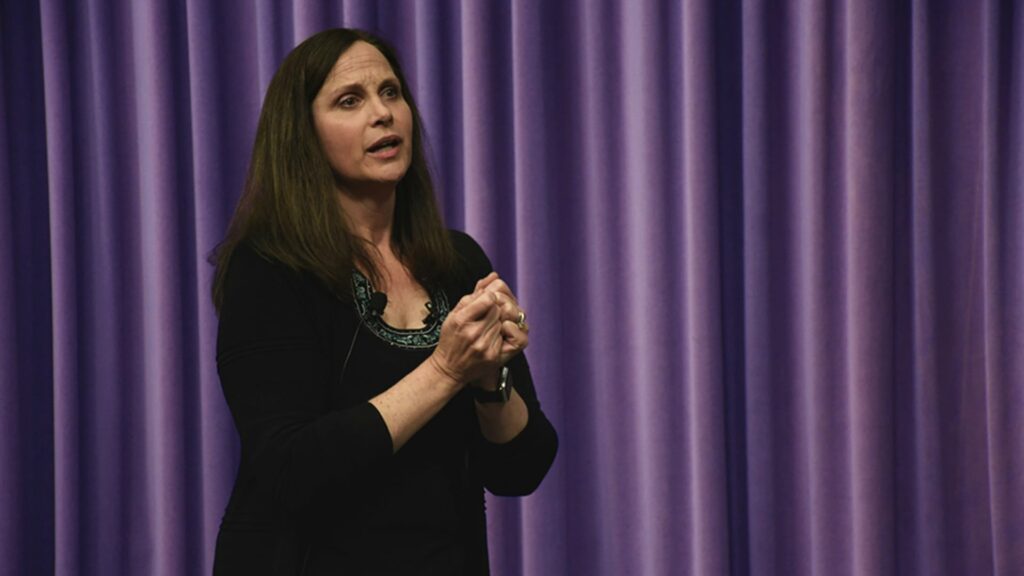
Interest in “social” entrepreneurship continues to soar. The number of conferences and business plan competitions on social entrepreneurship are growing rapidly, the number of courses offered on university campuses is expanding, and social entrepreneurship is getting a lot of press. So, what differentiates a social entrepreneur from a plain old vanilla entrepreneur? I must say that it isn’t clear to me….
“A company certainly does not have to be a not-for-profit to be socially responsible.”
To loosely quote Carl Schramm, president and CEO of the Kauffman Foundation, “All entrepreneurship is ‘social’ because at a minimum it generates jobs and stimulates the economy.” Given that as a baseline, companies can be socially responsible in an endless number of ways. If a company has family friendly policies, it is socially responsible. If a company recycles used materials and installs solar panels on the roof, it is socially responsible. If a company makes medical products that save lives, it is socially responsible. If a company makes energy efficient cars, it is socially responsible. A company certainly does not have to be a not-for-profit to be socially responsible.
I would argue that people use the term “social” entrepreneurship because they don’t always know what entrepreneurship is. The way we teach it, entrepreneurship is about identifying problems and solving them by leveraging scarce resources. It means creating value, where value can be measured in a wide range of ways. To quote John Doerr, “Entrepreneurs do more than anyone thinks possible with less than anyone thinks possible.” This can happen in any arena.
For many years, I have been an advisor to a large student group at Stanford, called BASES, that runs the campus-wide business plan competition. Several years ago they started a parallel competition for “social” business plans. The number of submissions were small and the prizes were much smaller than for the traditional business plan competition. Over the past few years, the number of submissions for the Social E-Challenge has grown until now there are as many submissions as the E-Challenge.
“I would argue that people use the term “social” entrepreneurship because they don’t always know what entrepreneurship is.”
There has always been healthy debate about whether a plan can be entered in both competitions at the same time. My fantasy is that some day the winner of the Social E-Challenge will also be the winner of the E-Challenge. It will demonstrate that a company that is attractive using traditional metrics can also have a powerful social agenda.
Below is a video clip featuring Guy Kawasaki, one of the most popular speakers on STVP’s Entrepreneurship Corner website. Over the years, Guy has shared his insights on everything from principles of startup success to tips on how to build enduring brands. Here he talks about the importance of having the goal of making meaning for your company as opposed to making money. He argues that if you make meaning, you are more likely to make money; but if your major goal is to make money, then you are unlikely to make either.







